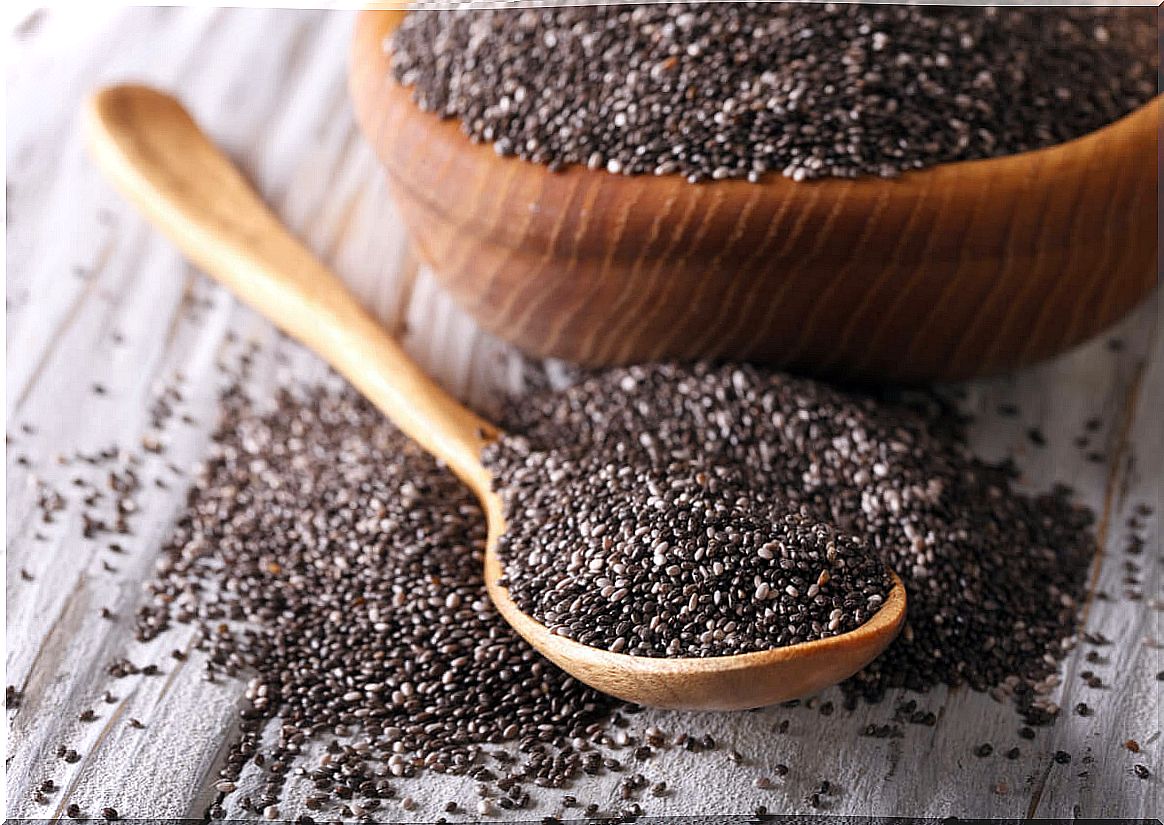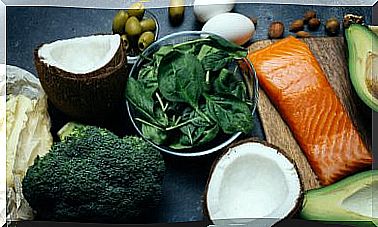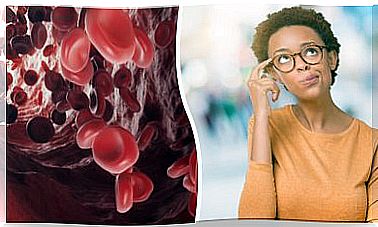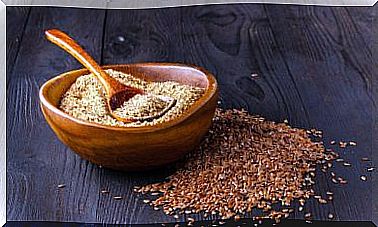7 Nutrients You Don’t Get With A Vegetarian Diet
Perhaps you are one of the many people on a vegan diet or are thinking of giving up meat. In this case, you may think that there are nutrients that you don’t get from a vegetarian diet.
Experts rate it as a safe and healthy diet for all ages, and it may even have health benefits. Knowing where the risks are and looking for the most appropriate food sources allows you to avoid nutritional deficiencies.
The 7 nutrients that you should take into account
Adopting a diet based on plant foods without risks is possible. Here are the most sensitive components to avoid fear about the possibility of facing nutrients that you do not get with a vegetarian diet.
1. Vitamin D
Also known as cholecalciferol, it is an important nutrient in maintaining health. Its most prominent function is to promote the absorption of calcium in the bones.
But scientists have turned their attention to other possible actions in the body. Thus, it is known to participate in the processes of cell growth, neuromuscular and immune function and has anti-inflammatory activity.
A good level of vitamin D is linked to sun exposure, as this is one of its best sources. Not for nothing is it also known as the vitamin of the sun . At the food level, its main origins are fatty fish and egg yolk. For this reason, it is believed that vegans may be at a higher risk of having low values.
In this case, the recommendation is to consult with a specialist to evaluate the possibility of taking a supplement. Fortified foods are also on the market, such as vegetable drinks, fruit juices, breakfast cereals, and margarines.

2. Vitamin B12
Cobalamin is actually the only nutrient that you don’t get from a vegetarian diet. At least when any food of animal origin is completely eliminated, since it is only found in products such as meat, fish or eggs.
B12 plays a vital role in the body. Its presence is necessary for the proper functioning of the nervous system and for the formation of red blood cells.
Signs of low levels are fatigue, muscle weakness, intestinal problems, peripheral nerve damage, and mood disturbances. A deficiency of it can translate into the appearance of megaloblastic anemia. Adequate intake levels on a vegetarian diet are achieved by choosing fortified foods or taking supplements.
3. Calcium
This mineral is one of the pillars for the construction of bones and teeth. But it also has an important role in many metabolic processes, as well as neuromuscular functions.
Its long-term deficit is directly linked to loss of bone density and osteoporosis. Although it is necessary to point out that there are other reasons related to the appearance of this health problem.
Milk and dairy products, such as cheese and yogurts, are the most common sources of this mineral. But are not the only ones. It is also obtained from foods of plant origin and is found in good quantities in almonds, sesame, beans, chickpeas, broccoli or kale. Therefore, it is not necessarily one of the nutrients that you do not get from a vegetarian diet.
4. Iron
If you ask people what nutrients you do not get with a vegetarian diet, one of those that comes first is this mineral, since it is related to the presence of meat in the diet. However, as studies by the Australian Association of Dietitians point out, vegans consume the same amount of iron or more than omnivores.
In reality, the problem that arises is the lower availability and absorption of the substance that comes from plant sources. This is due to the presence of phytates and other antinutrients that can make it difficult for the body to use them.
According to expert data, a vegetarian diet with the presence of legumes, seeds, nuts, green leafy vegetables, whole grains and dehydrated fruits promotes adequate intake. Obtaining it in sufficient quantities is important, since adequate oxygen transport to the cells depends on its presence to maintain correct energy levels.
5. Zinc
Zinc is a trace mineral that is found in many tissues in the body. Its most prominent function is related to the immune system, but the role in the body also stands out for the following:
- Catalyze a large number of digestive enzymes.
- Regulate gene expression.
- Maintain the structural integrity of some proteins in the body.
Studies show that there may be a lower intake in vegetarians, but this does not translate into a higher risk. It is found in vegetables such as tofu, tempeh , legumes, and seeds.
6. Omega 3
Omega 3 polyunsaturated fatty acids (EPA and DHA) are a type of lipid present in the body. They are considered essential because the body cannot manufacture them and their presence in the diet is necessary. These are key nutrients in many moments of life. Its main functions are summarized in the following:
- Manufacture of hormones responsible for regulating blood clotting, contraction and relaxation of arterial walls, and inflammation.
- Binding to cell receptors that control gene expression.
- Prevention of heart disease and stroke.
- Essential in pregnancy to become part of the components of the retina and the brain of the fetus.
In diets without foods of animal origin, the direct contribution of EPA and DHA is usually low. Its levels in blood and tissues have been observed to be lower than those of omnivores.
But alpha linolenic acid (ALA) is a good precursor of these when the body is able to transform it. It is present in the seeds and oil of flax, chia and walnuts.

7. Protein
Adequate protein intake is often associated with the presence of meat and fish in the diet. And although it is one of the nutrients of concern in vegetarian diets, experts point out that its intake is usually sufficient in vegans.
This nutrient is necessary for the transport of oxygen, the growth and repair of tissues, a good functioning of the immune system and the structuring of muscles or bones. Vegetarians can get enough protein from legumes, soybeans, whole grains, nuts, and seeds.
There are many nutrients that you think you don’t get on a vegetarian diet, but you do
When a vegan diet is followed there is a somewhat greater risk of deficit of some nutrients. But the presence or absence of meat and other animal foods is not essential for the eating plan to be complete and balanced.
For this reason, it can be said that plant-based diets are recommended and even have some health benefits compared to omnivores. To overcome the risk that deficiencies represent, it is necessary to look for plant sources of these vitamins and minerals.
However, a vegetarian pattern is not always synonymous with healthy. Basing the diet on fresh and varied foods and rejecting processed ones is the best guarantee to take advantage of its strengths.
If you plan to stop eating animal foods, one of the necessary supplements is vitamin B12. Taking multivitamins or other supplements It depends on the situation of each person and for this reason it is recommended to do it under professional advice.









